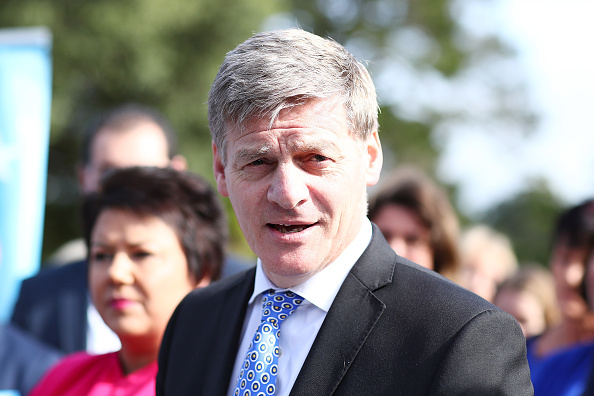In addition to the to the Energy Efficiency and Conservation Authority (EECA) subsidies, councils are offering various loans through rates packages and will subsidise the householders' interest payments as part of the government's Warm Up New Zealand: Heat Smart insulation and heating scheme.
The first councils to finalise these easily accessible packages are in Hawke's Bay, Canterbury and Nelson. EECA's senior communications adviser Jane O'Loughlin says the scheme is open to any of the councils that want it.
O'Loughlin says to qualify for the rate scheme, each region must work out its own conditions for ratepayers. The scheme is regarded by various councils as a way to help clean up air pollution with better, more energy efficient heating. The rates loan encourages home owners to switch to cleaner heating solutions.
"Councils will take the funding we provide and then offer an opportunity to pay that back through the rates. Each council is dealing with it in a slightly different way. It's up to them how they do it."
She says there's an administrative process each region has to go through to work out technical details, which takes time. Whatever bonus they can come up with, EECA's scheme is universal and all houses built before 2000 qualify for up to a third of the cost of insulation, or $1,300 plus $500 for heating.
The Hawke's Bay scheme will be introduced in October. For homes built before 2000, where the household is a community services card holder, will be eligible for a $2,800 loan from the council, repayable over 10 years with the council subsidising 50% of the interest. Houses built before 2000 with household incomes less than $100,000 qualify for a $3,500 loan repayable over 10 years with the council subsidising 50% of the interest.




 Search
Search